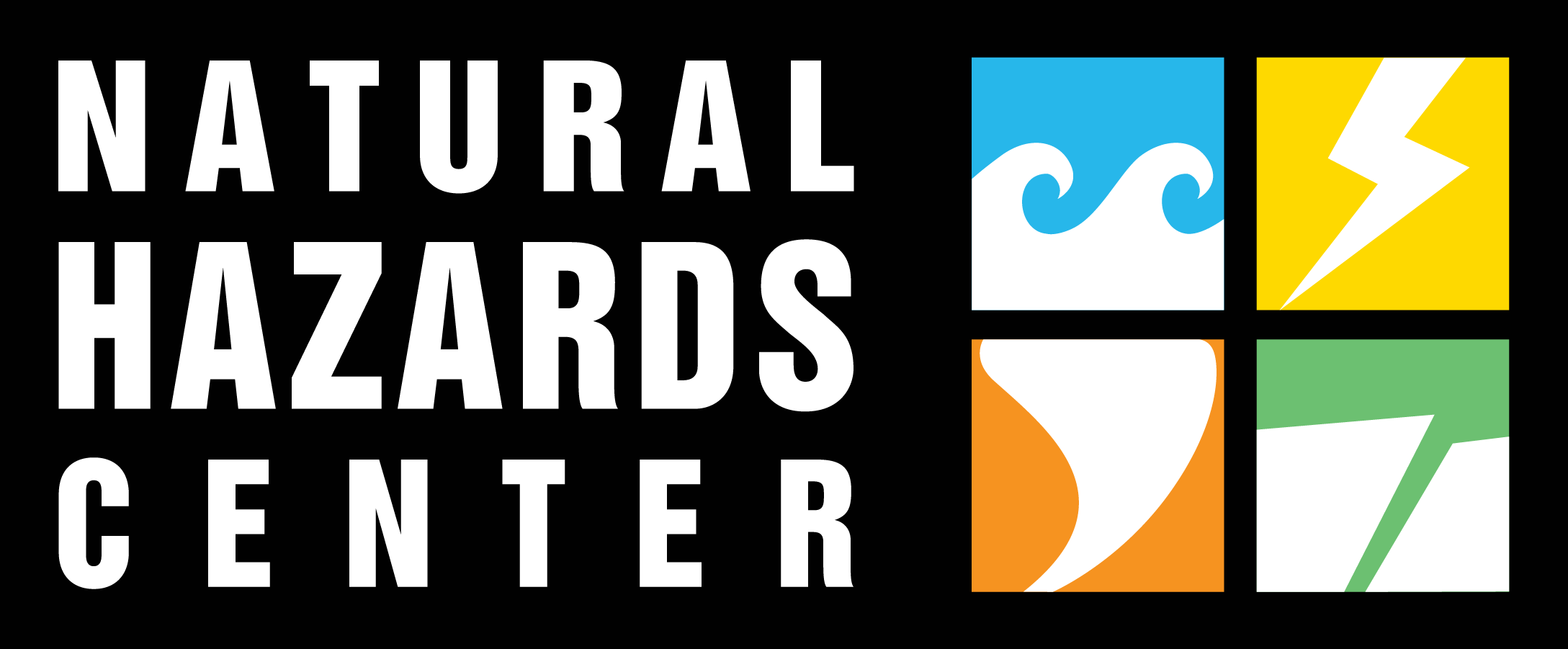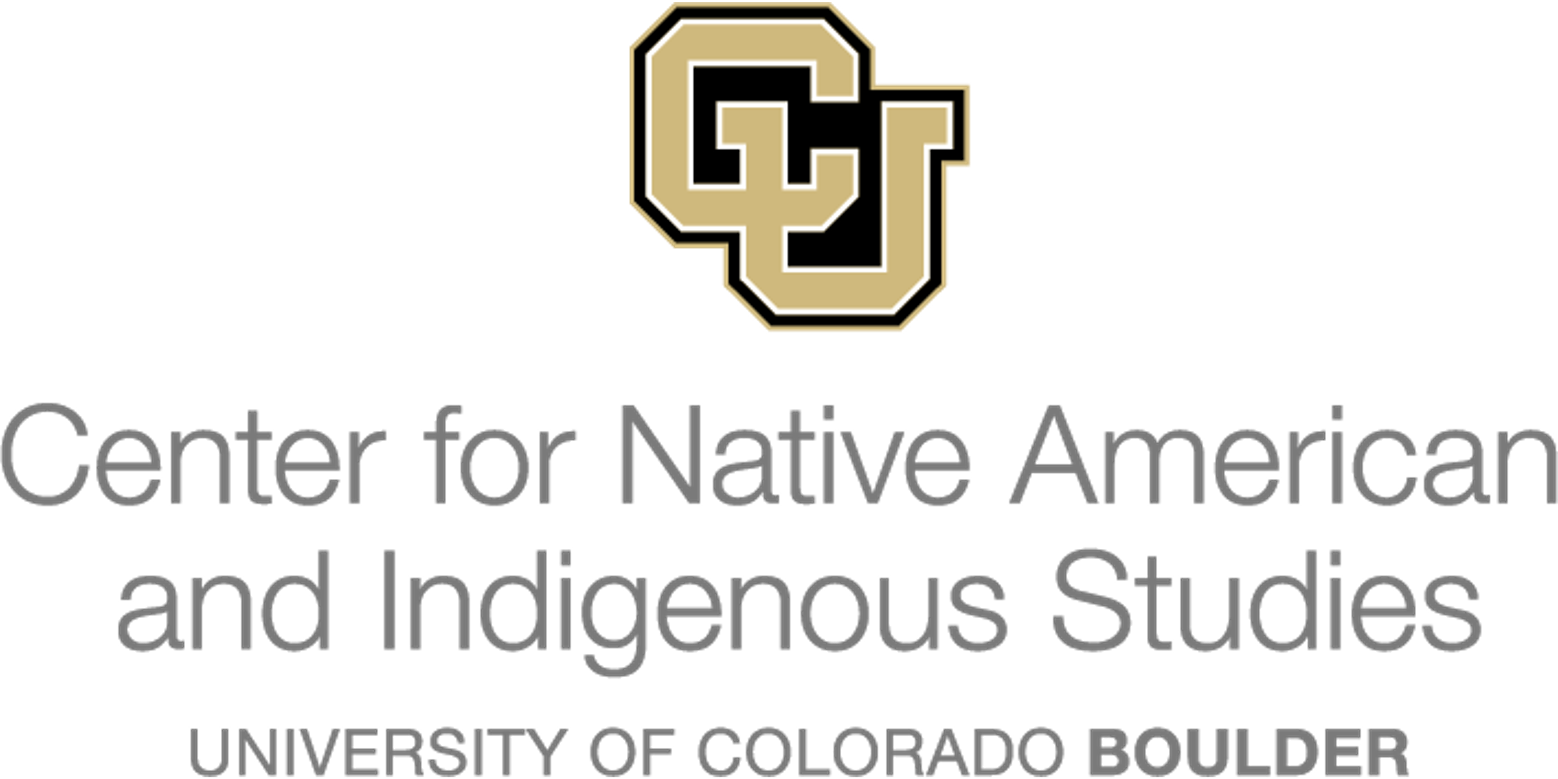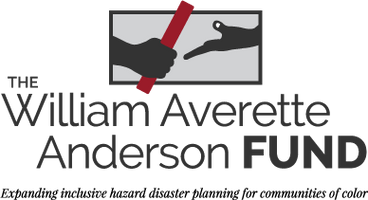Listening Sessions
Tribal Engagement and Indigenous-Led Public Health Disaster Research
The Listening Sessions were designed to establish a community of practice for professionals who are currently involved in or have previous experience with tribal engagement or Indigenous-led public health disaster research.
We aimed to bring together disaster researchers of Indigenous descent as well as those who engage in public health research or outreach in collaboration with Indigenous populations or in tribal regions.
The first four sessions were held virtually, and the fifth and final session was held at the 48th Annual Natural Hazards Workshop:
Virtual Sessions:
- Listening Session 1, Tuesday, June 6, 11:00 a.m. to Noon MDT (click the link to view the recording)
- Listening Session 2, Tuesday, June 13, 1:00 to 2:00 p.m. MDT (click the link to view the recording)
- Listening Session 3, Tuesday, June 20, 1:00 to 2:00 p.m. MDT (click the link to view the recording)
- Listening Session 4, Tuesday, June 27, 11:00 a.m. to Noon MDT (click the link to view the recording)
Videos of recordings can also be found on the Videos and Reports page.
In Person Session:
- Listening Session 5, Sunday, July 9, 3:45 to 5:00 p.m. MDT
For more information on each of the sessions, including specific focal areas and objectives, please see the Videos and Reports page.
If you have questions about these sessions, please contact Melissa Villarreal melissa.villarreal@colorado.edu or Shelby Ross shelby.ross@colorado.edu.
These sessions were organized by the Natural Hazards Center in collaboration with the Center for Native American and Indigenous Studies at the University of Colorado Boulder, the Rising Voices Center for Indigenous and Earth Sciences, and the William Averette Anderson Fund.





These listening sessions are based on work supported by the Centers for Disease Control and Prevention (CDC) through supplemental funding to the National Science Foundation (NSF Award #1635593). Any opinions, findings, conclusions, or recommendations expressed in this material are those of the author(s) and do not necessarily reflect the views of the CDC, NSF, or Natural Hazards Center.
